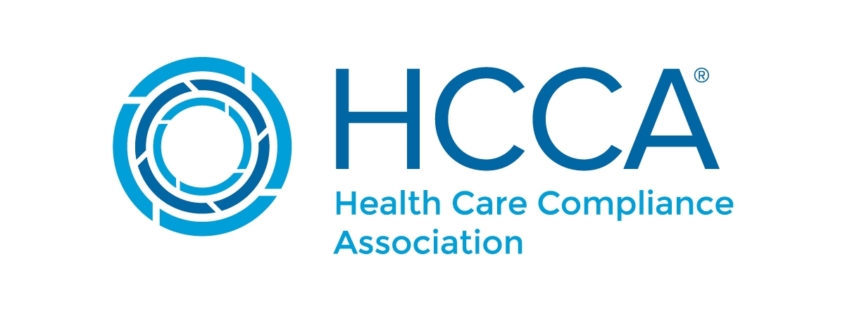[Webinar] 5 Reasons Why Your eDiscovery Process Should Integrate Forensics Methods – May 4th, 1:00 pm – 2:00 pm EDT | Association of Certified E-Discovery Specialists (ACEDS)

Dr. Gavin Manes
CEO
Avansic
Dr. Gavin Manes is a nationally recognized eDiscovery and digital forensics expert. He founded Avansic in 2004 after completing his Doctorate in Computer Science from the University of Tulsa. At Avansic, Dr. Manes is committed to high-technology innovation, research, and mentorship, and has several patents pending. Avansic’s scientific approach to eDiscovery and digital forensics stems from his academic experience.
Dr. Manes routinely serves as an expert witness including consulting with attorneys on data preservation issues. He contributes academic content to peer-reviewed journals and delivers classroom lectures. See his full CV at gavinmanes.com.
Dr. Manes has published over fifty papers on eDiscovery, digital forensics, and computer security, countless blog posts, and educational presentations to attorneys, executives, professors, law enforcement, and professional groups on topics from eDiscovery to cyber law. He’s briefed the White House, the Department of the Interior, the National Security Council, and the Pentagon on computer security and forensics issues.
At the University, Dr. Manes formed the Tulsa Digital Forensics Center, housing Cyber Crime Units from local, state, and federal law enforcement agencies. He’s a founder of the University of Tulsa’s Institute for Information Security, leading the creation of nationally recognized research efforts in digital forensics and telecommunications security.

Craig Ball
Adjunct Professor, Electronic Discovery and Digital Evidence
University of Texas School of Law
Craig Ball is a trial lawyer, computer forensic examiner, law professor and noted authority on electronic evidence. He limits his practice to serving as a court-appointed special master and consultant in computer forensics and electronic discovery and has served as the Special Master or testifying expert in computer forensics and electronic discovery in some of the most challenging and celebrated cases in the U.S. A founder of the Georgetown University Law Center E-Discovery Training Academy, Craig serves on the Academy’s faculty and teaches Electronic Discovery and Digital Evidence…




